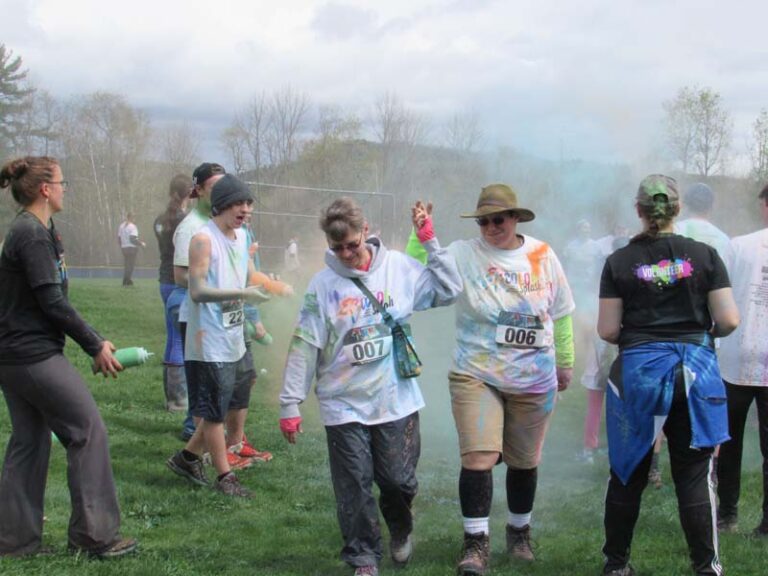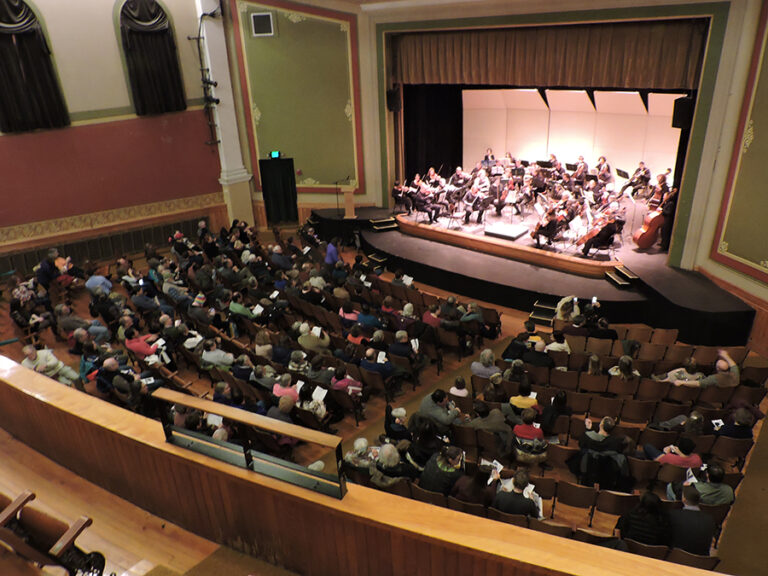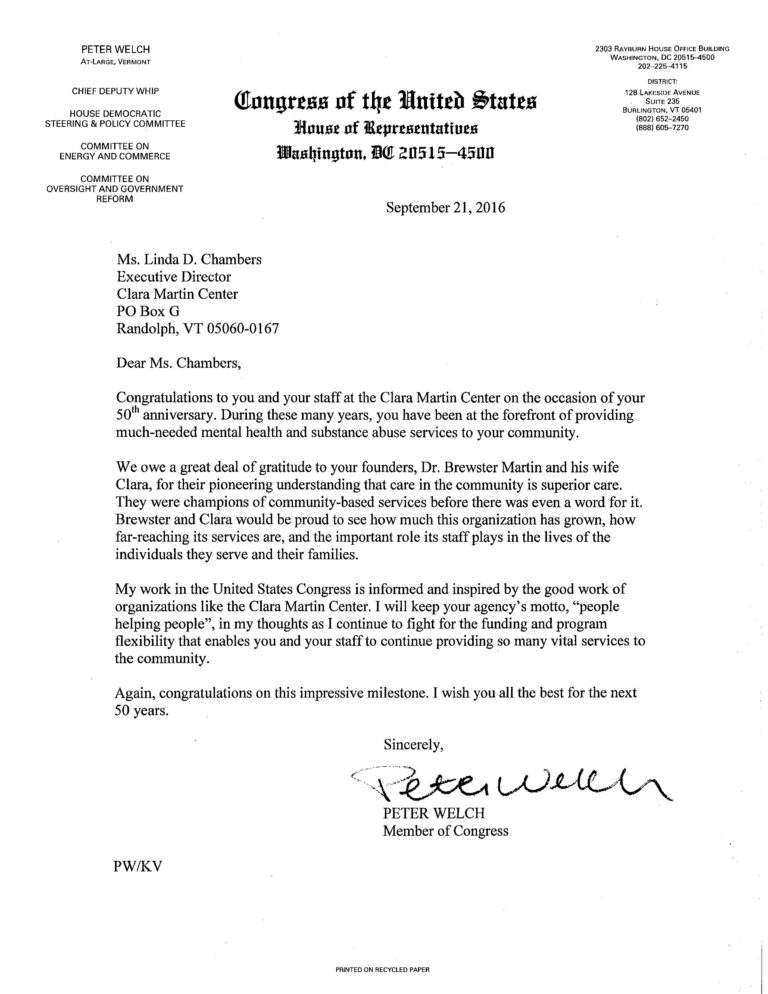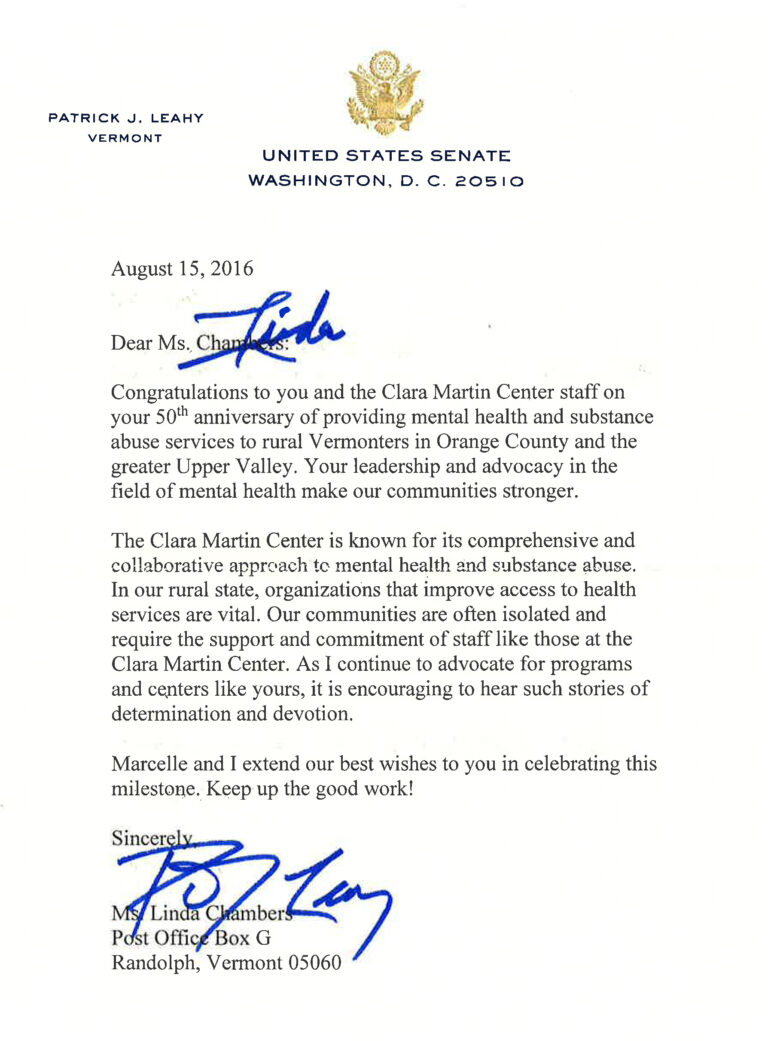Substance use
Support, Resilience, and Recovery; many are realizing the necessity of connection and support in their lives
Article written by:
Danielle Cayton, MA/LADC, Substance Use and Criminal Justice Program Director, Clara Martin Center & Nicole Gilbert, Director of Central Vermont Substance Use Services
Our communities are experiencing a variety of stressors – job loss, lack of
affordable childcare and housing, racial violence and discrimination, food and economic insecurities. Many folks with substance use concerns faced these barriers daily, preCOVID, and the pandemic has only made these disparities more painfully striking. Social determinants of health such as access to education, living in a safe neighborhood, clean air to breathe, and healthy food to eat directly impact a person’s functioning and wellness outcomes. Consistent access to these resources, which are protective factors, increases an individual’s resilience to chronic stress and decreases their vulnerability of relapse.
Deaths by suicide have increased across the nation as well as the rate of fatal
overdoses. Our state has faced immense pain and challenges over the past 15 years
because of the opioid epidemic, and the work of healing is far from over. Substance use
(particularly alcohol) continues to increase in this age of isolation. At the Clara Martin
Center (CMC) and Central Vermont Substance Use Services (CVSAS) we have seen a
surge in rates of individuals returning to use since March. Recovery is rarely a quick,
easy or straight path—instead, it more often feels like a long-haul series of mountains to climb. Even the word “relapse” is misunderstood and carries stigma.
In a group treatment setting before COVID-19, we regularly discussed what people
did to avoid using their substance of choice. Activities like walking, hiking, and watching TV with friends were frequently mentioned. Some even identified how going to a job was a way to help remain sober. But what happens when a person can’t access these resources and has to stay home alone or with family? People in recovery develop
coping skills that help them choose not to use substances. Some report that being at
home with nothing to do makes them think about how to fill that time. So when our
state made the smart decision because of the virus to “stay at home and stay safe”, for
some in recovery, they faced the additional challenge of previous activities and coping
skills being taken away which puts them at greater risk of relapse.
Many are surprised to learn that in recovery and substance use treatment, we
often spend less time discussing the specifics of drug and alcohol use and more time
focused on improving an individual’s social determinants, while finding ways to increase joy, pleasure and connection. Savvy persons with lived experience, as well as
healthcare providers, know that improving a person’s day-to-day life experience can
quickly lead to a reduction of harmful or risky behaviors.
As a part of relapse prevention, we teach people coping skills such as finding
supports, connecting with groups of people who do not use substances, learning to
manage stress, and avoiding situations that, in the past, have made them want to use
alcohol or other drugs. We also help individuals become aware of triggers and how to
avoid them. In this time of national, statewide, and individual turmoil, everyone may
struggle to find ways to make connections that help themselves feel better. Therefore,
creative approaches to relapse prevention are very important. CMC and CVSAS support
people in identifying and remembering the tools that are effective—and then adjusting
those tools for success in this current environment. For example, if a person reduces
their stress by attending support meetings, there are hundreds of meetings available on
line. If the internet is not easily accessible (unfortunately common in our rural state)
finding a quiet place at home to read guidance and literature on recovery is also an
option. Relapse prevention can be adjusted to maintain recovery and is never one-sizefits-all. The important part is to not give up. If there is a relapse, remember it is
always okay to begin again.
It is worth noting that throughout this pandemic, many individuals seen at CMC
and CVSAS have been able to put into practice a variety of resources and skills that
were necessary to change their relationship with drugs and alcohol. For people in
recovery who find meaning and fulfillment in attending self-help or other support
groups, they already know the risks that isolation and loneliness can pose to health and
wellbeing. They do not take connection and community for granted. Perhaps those of
us who have been lucky enough to avoid the pain of addiction and substance use
concerns—yet as a result of COVID, may just now be realizing the necessity of
connection and support in our lives –could learn a thing or two from these resilient folks in our communities.
Clara Martin Center services are available by calling (802) 295-1311.
Central Vermont Substance Use Services are available by calling (802) 223-4156,
www.cvsas.org




